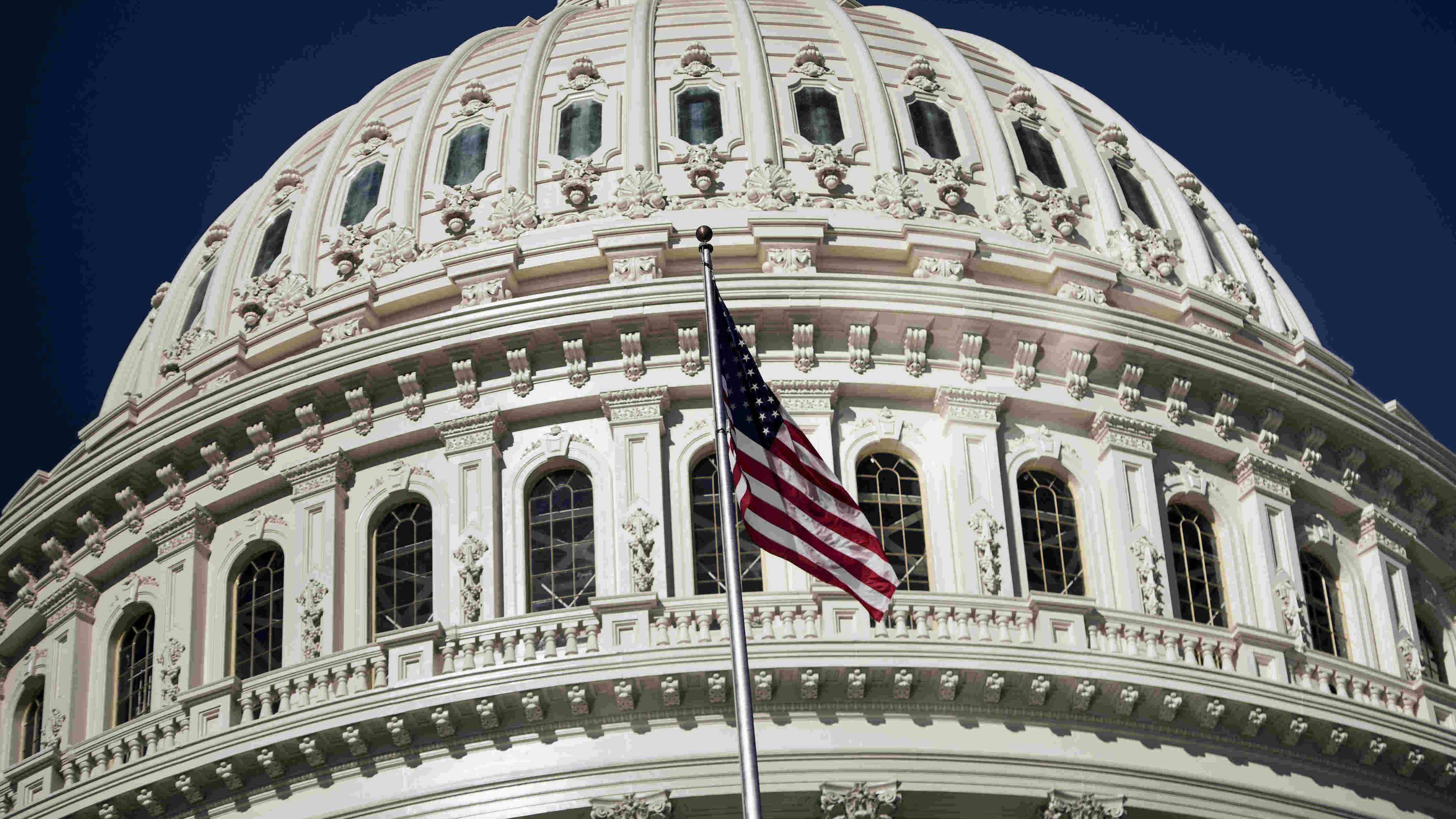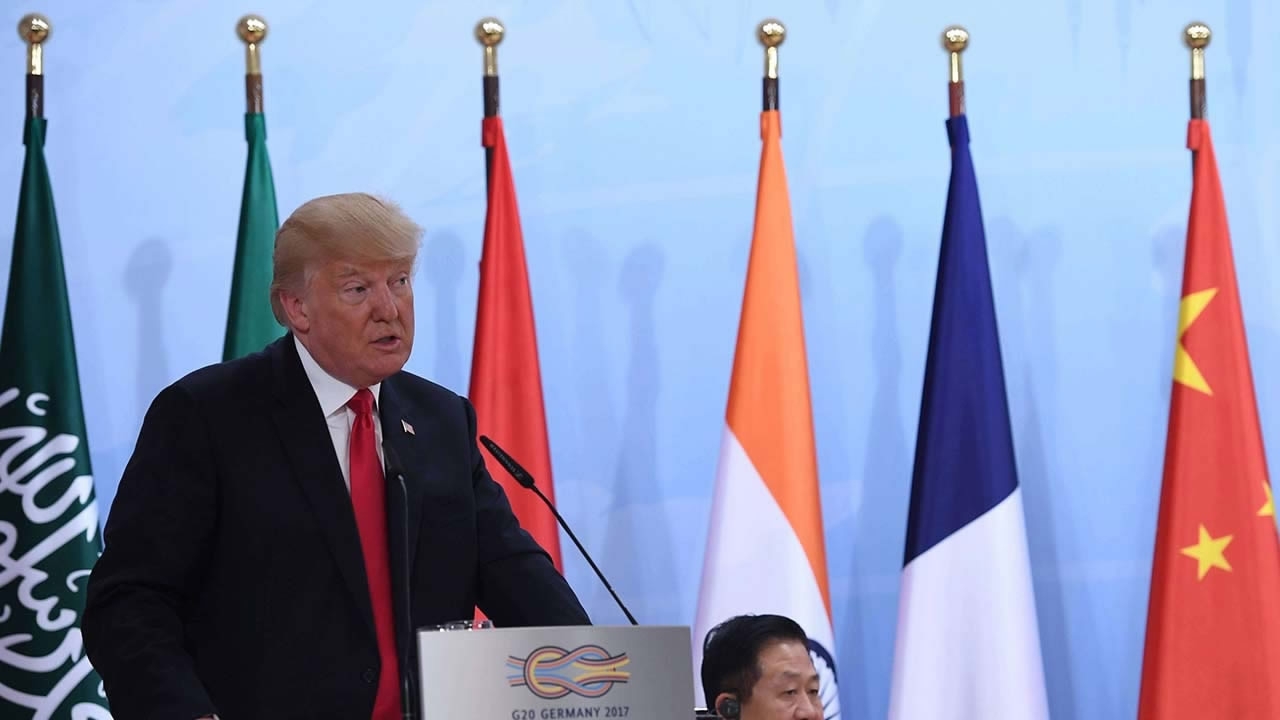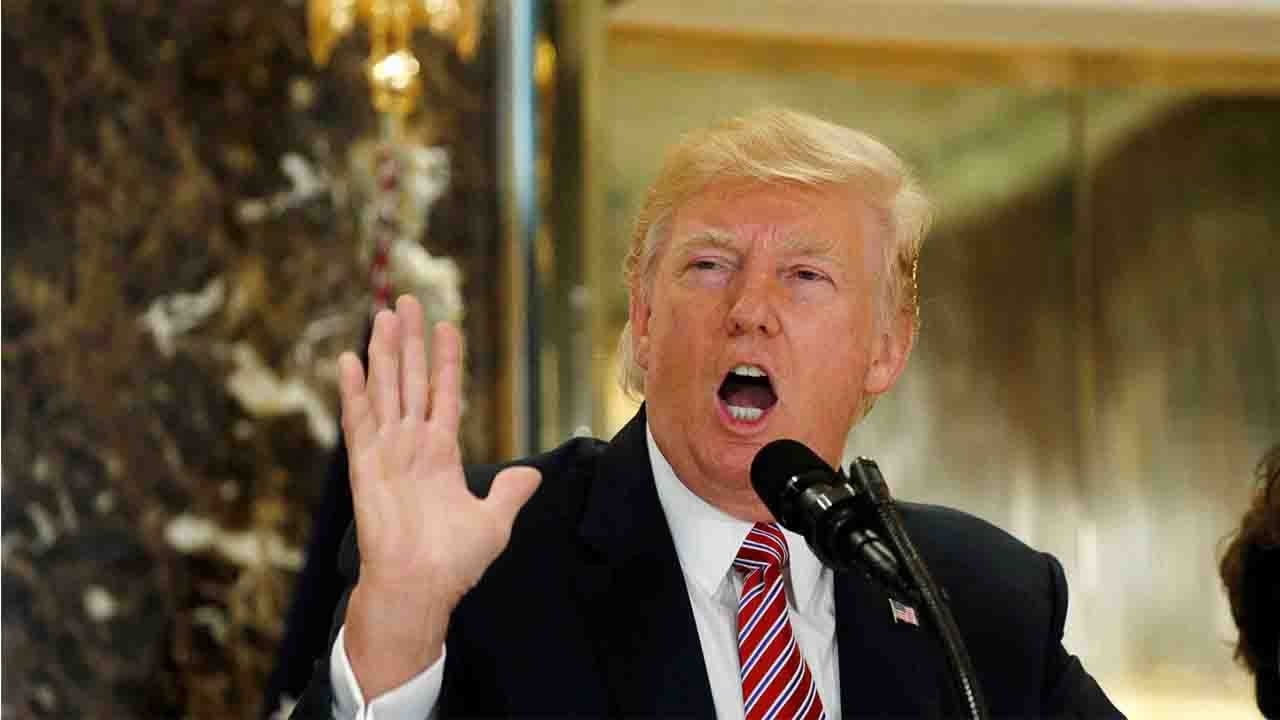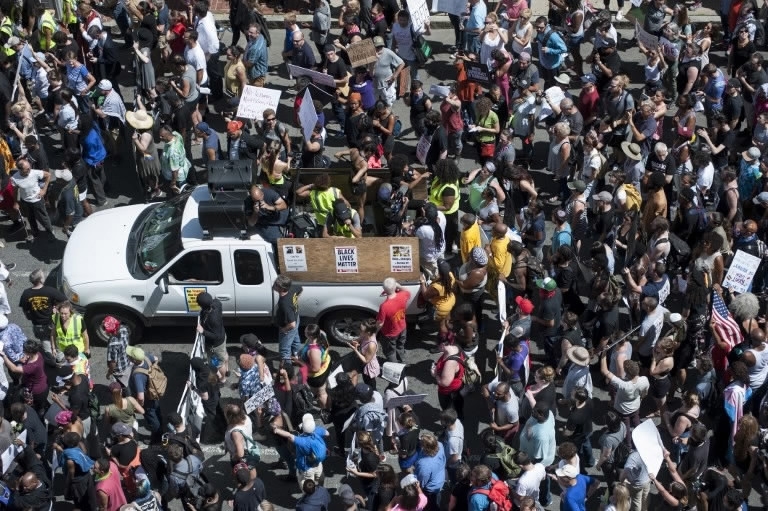
Opinions
12:18, 25-Aug-2017
Opinion: Amid Internal and external neglect, is the US still capable of leading the world?
By Huang Yuan from Global Times

Recent media reports worldwide seem to have pictured the US as stymied by various problems.
The Charlottesville unrest earlier this month resulted from rising racial conflicts triggered by a lackluster economic recovery after the financial crisis in the US.
In the meantime, the administration of US President Donald Trump has been battered by severe understaffing, with major posts vacant.
This, combined with strained US-Europe relations, has raised a question: In what sense does the US continue to lead the world?
In June, Trump's declaration that the US would withdraw from the Paris climate accord triggered strong ire in and out of the country.
As the third milestone document to tackle climate change in human history, the agreement devised goals to control the Earth's temperature and greenhouse emission, and worked out an agenda for global climate governance beyond 2020.

Based on a consensus formed over decades of discussions, the Paris Agreement has been extensively supported by the international community.
Yet Trump's decision to exit has corroborated Europe and other countries' view that the US is taking a localist path.
Given earlier US arguments with its European and Asian allies over defense fees, obviously the America First president is not willing to allow his country to take its due responsibilities. The task of building global governance based on common values is filled with uncertainties.

Americans would still believe in US leadership if the Trump administration's embrace of localism could indeed make America great again. But the reality is the other way around.
After the protest of white supremacists, the Ku Klux Klan and neo-Nazis on August 12 set off riots in Charlottesville, anti-racism protesters rallied in several cities and right-wingers announced nine rallies.

Thousands of anti-racism demonstrators flooded the streets of Boston last Saturday, dwarfing a gathering of white nationalists in the city, triggering scuffles with police but avoiding the serious violence that marred a similar event a week earlier in Virginia. /AFP Photo
Thousands of anti-racism demonstrators flooded the streets of Boston last Saturday, dwarfing a gathering of white nationalists in the city, triggering scuffles with police but avoiding the serious violence that marred a similar event a week earlier in Virginia. /AFP Photo
A confederate statue was pulled down on August 14 in Durham County, North Carolina, and one day after, the Lincoln Memorial on the National Mall in Washington was found vandalized with a spray-painted expletive. The country is turning more divisive and its people are getting more extreme and antagonistic.
In the US, the government imbalances and rifts among different classes and political parties have heightened, so that the country is unable to focus its attention or resources on others' business.
After WWII, the US rapidly enhanced its strength in a variety of areas, such as education, technology, global economic expansion and military strength.

Anti-Trump protesters gather in New York, US, August 14, 2017. /Reuters Photo
Anti-Trump protesters gather in New York, US, August 14, 2017. /Reuters Photo
The US used to be proactive and clear-cut in acquiring global strategic interests. Specifically, it first occupied a predominant position in North America and built NATO to dominate Europe and drag the Soviet Union down.
Then earlier in this century, the US shifted its global strategic focus eastward and made a pivot to the Asia-Pacific to demonstrate the country's ubiquitous leadership.
However, today the US has shrunk its international responsibilities and duties, and is considering renegotiating the North America Free Trade Agreement.
The rise of violent clashes and extremist groups within the US suggests that its domestic political polarization and internal strife has now come to a new level. These problems won't be solved overnight.
Hence, naturally whether the US is still capable of leading the world has come into question.
(This piece was originally published on Global Times. The author is a research fellow with the Center for China Studies, Central Compilation & Translation Bureau. The article reflects the author's opinion, and not necessarily the views of CGTN.)
Source(s): Global Times

SITEMAP
Copyright © 2018 CGTN. Beijing ICP prepared NO.16065310-3
Copyright © 2018 CGTN. Beijing ICP prepared NO.16065310-3